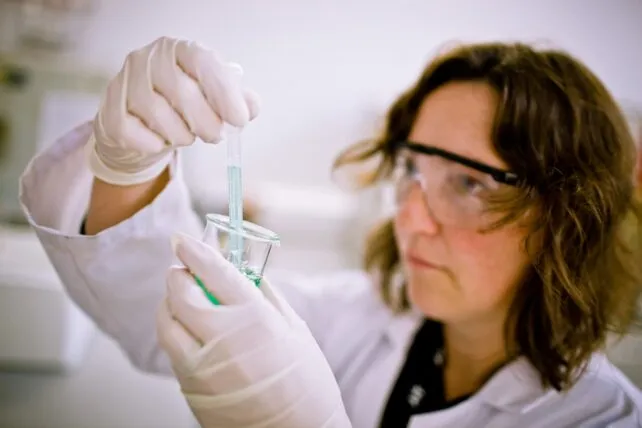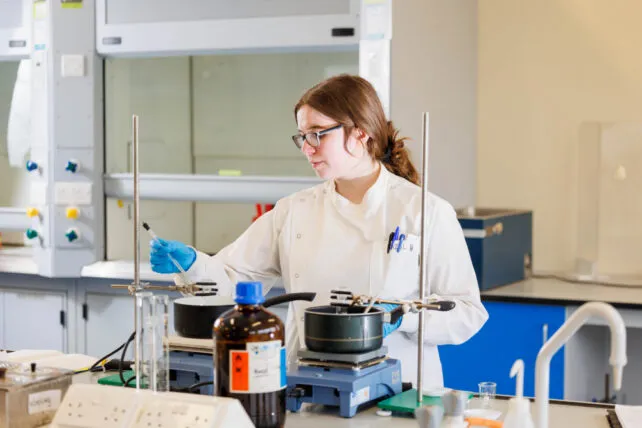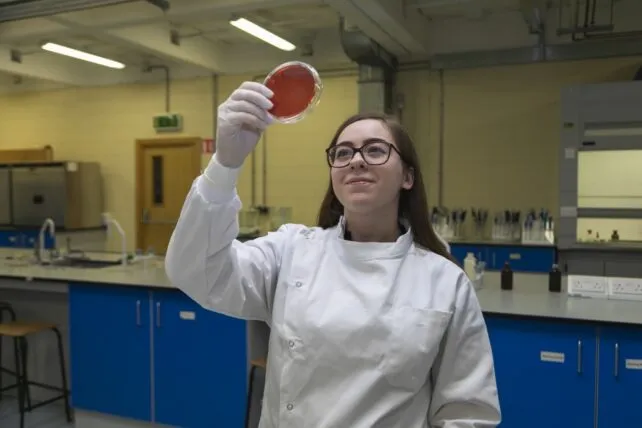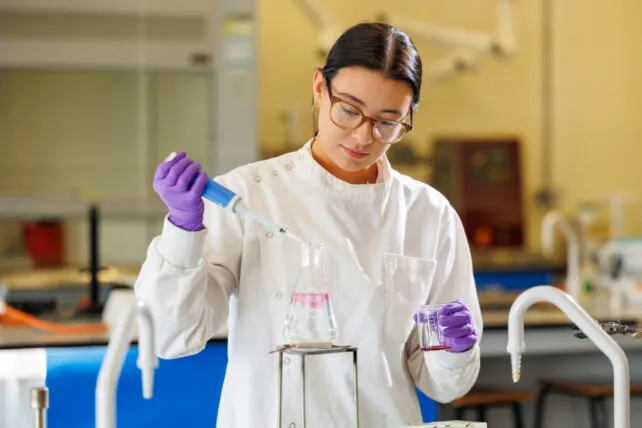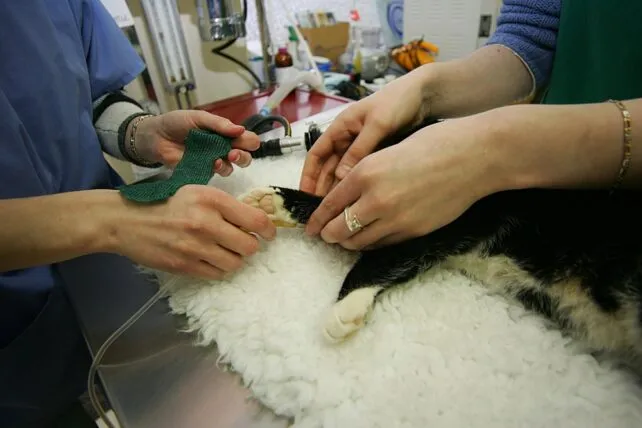What are the entry requirements?
Leaving Certificate
Grade H5 in two higher- level subjects, Grade 05 in Mathematics at ordinary level, plus three subjects at Grade O6 at ordinary level. Subjects to include a language (English or Irish).
QQI
Any major QQI award with three distinctions and a pass in C20139 or 5N1833 or C20174 or C2017 or Leaving Certificate Mathematics at O5/H7.
Mature Applicants
Candidates applying as mature applicants may be required to attend an interview and may be requested to take an aptitude test to prove their suitability for a place on this programme.
International Applicants
International applicants should apply directly to the International Office at TUS, allowing plenty of time for completing the visa process. Applications for September start should be made by 1st June at the latest to ensure visas are processed in time. You should familiarise yourself with visa processing times for your country of origin to ensure you make a timely application. Find out more here.


